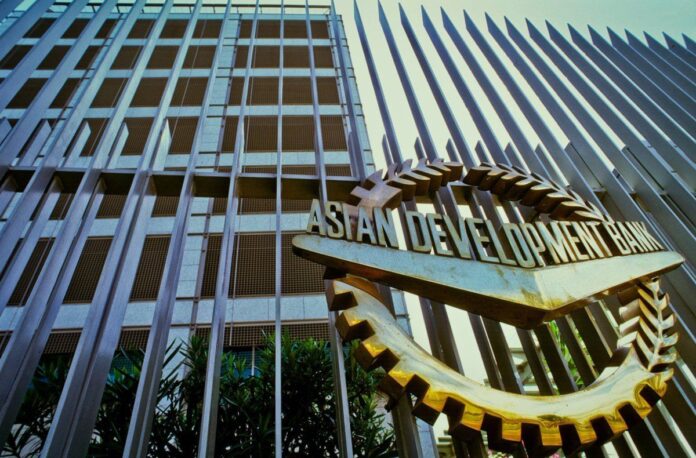Pakistan is turning to the Asian Development Bank (ADB) for urgent railway upgrades after prolonged financing delays from Beijing stalled progress on a flagship Belt and Road Initiative project, sources revealed on Friday.
The ADB is in advanced talks to spearhead a $2 billion upgrade of a 500-km stretch of track from Karachi to Rohri, a segment that was once part of the China-backed scheme. The project has become pressing due to its role in transporting copper ore from the Reko Diq mine, being developed by Canada’s Barrick Mining Corp.
“We will have a crisis. How will you evacuate output from Reko Diq? The exhausted line will come under even more pressure,” a senior government official warned.
A formal announcement is expected later this month, with the ADB set to lead a consortium, bring in an international engineering contractor through competitive bidding, and finance the project. The lender’s president is also scheduled to visit Islamabad next week, according to sources.
Earlier this week, the ADB approved $410 million in financing for the Reko Diq mine itself. The mine, one of the world’s largest untapped copper and gold deposits, is central to Pakistan’s strategy to attract foreign investment in the mining sector. Production is due to begin in 2028, with an annual output of around 200,000 metric tons of copper concentrate.
Tim Cribb, Reko Diq’s project director, told Reuters that Barrick and the government would jointly seek financing to upgrade the western branch line linking the mine to Rohri.
The rail upgrade will modernize tracks and bridges between Karachi and Rohri, enabling diesel trains to run faster. From Rohri, the line will connect to the Reko Diq branch and carry ore to port.
China’s involvement in Pakistan’s infrastructure has slowed in recent years. Although Beijing poured billions into power and road projects following the 2015 launch of the $60 billion China-Pakistan Economic Corridor (CPEC), progress has since stalled. The last major project, the Gwadar East Bay Expressway, was inaugurated in 2022.
Islamabad, meanwhile, has struggled to service Chinese debt, including overdue payments to Chinese-built power plants. A government report into project costs has pushed Pakistan to seek debt rescheduling over the past year.
“China and Pakistan are ironclad friends and all-weather strategic cooperative partners,” China’s foreign ministry said on August 19, ahead of Foreign Minister Wang Yi’s visit to Islamabad this week.
In meetings with Prime Minister Shehbaz Sharif on Thursday, Wang reiterated Beijing’s desire to deepen ties and advance to the next phase of CPEC.
Despite the sensitivities of shifting financing from Beijing to Manila, officials insist the plan has been coordinated with China. “We would never do anything to jeopardise that relationship,” the senior Pakistani official stressed.
Security remains another concern for the project. The Reko Diq mine is located in Balochistan, a province plagued by insurgency, where militants frequently target railway infrastructure.
The ADB, while not confirming the exact financing plan reported by Reuters, acknowledged that it holds “regular discussions on railway sector development” with Pakistan. “Any potential ADB assistance would be subject to comprehensive due diligence and consideration under ADB’s policies and procedures before any commitment is made,” the bank said.




